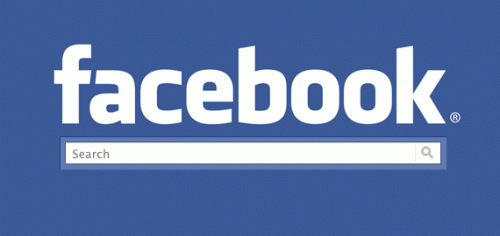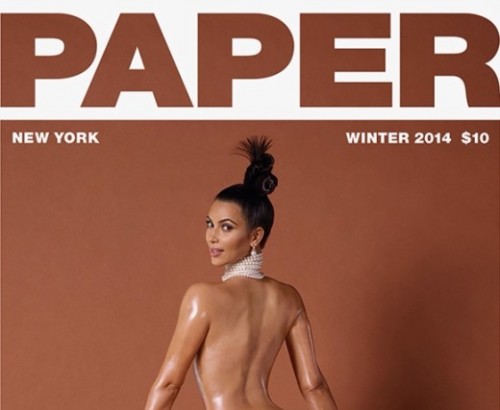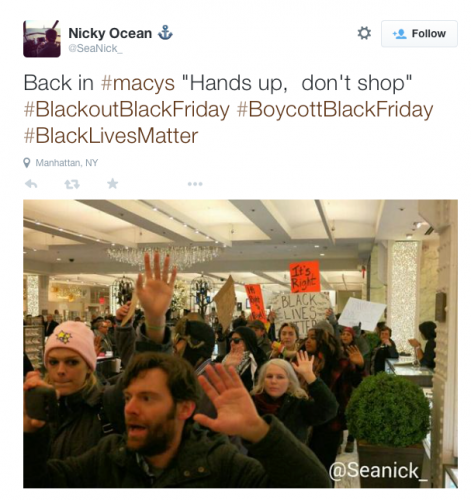
Earlier this week the Committee Study of the Central Intelligence Agency’s Detention and Interrogation Program, more commonly known as just “The Torture Report” was declassified and made public and like many people I downloaded it. But given that it is a 525-page behemoth of documented state violence, most people are going to understandably look for summaries and analyses, letting other people do the hard work of pulling out important passages from the heaping pile of passive voice and bureaucratic jargon. While the report is deeply disturbing, the mainstream attention it has been getting is somewhat heartening. What might have dominated, but ultimately fallen out of, a couple of rapidly shifting news cycles has exploded over my Tumblr dashboard and Twitter feed in a constant stream of tiny, comprehensible bites of war crimes. Consuming national disgrace in small pieces isn’t necessarily new, it is the primary way the public learns about abuses of power. more...








